
Talk Therapy for Dementia
Talk therapy may improve symptoms of depression for people with dementia, providing hope for those who typically do not benefit from antidepressant medication.

Talk therapy may improve symptoms of depression for people with dementia, providing hope for those who typically do not benefit from antidepressant medication.
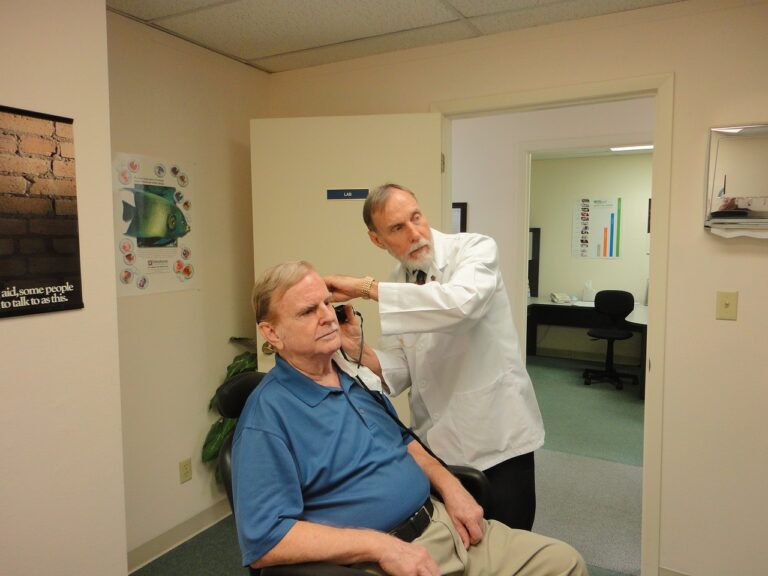
Studies have found an association between hearing loss and the development of dementia in older adults. Research also suggests that using hearing aids to treat hearing loss may help slow the development of cognitive problems.
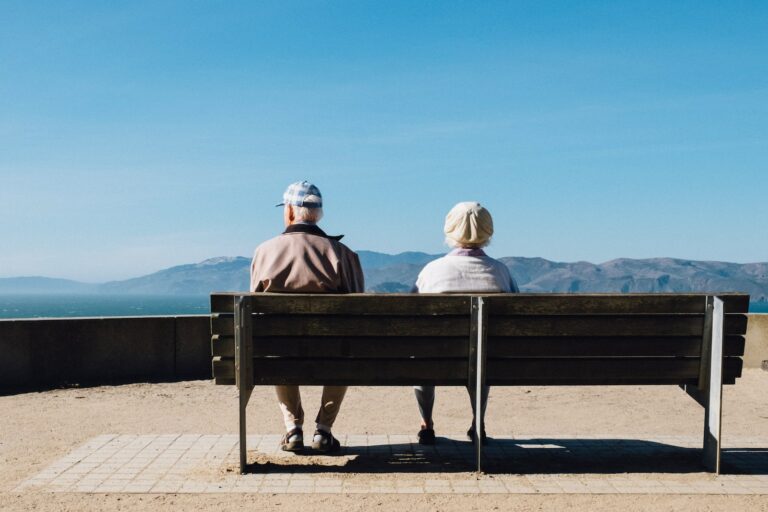
Is keeping seated and sedentary, while intellectually stimulated, part of the best way to care for your brain?

A massive study of medical and genetic data shows that people with a particular version of a gene involved in immune response had a lower risk of Alzheimer’s and Parkinson’s disease.

The tendency of Alzheimer’s patients to sleep throughout the day is not due to nighttime insomnia — it has to do with the degeneration of a type of neuron, according to a research study.

Researchers say it takes a dozen “intervention sessions” to improve cognition in those at risk for Alzheimer’s and other dementias.
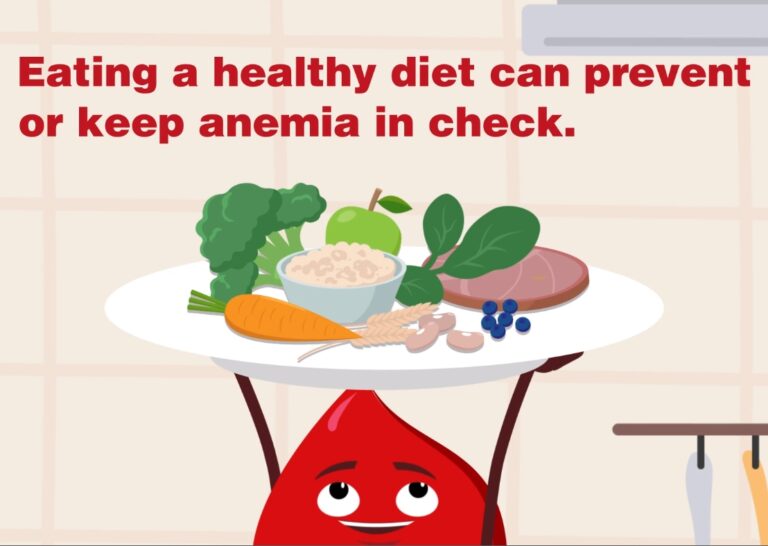
Anemia (low level of red blood cells) can increase dementia risk 41%. You can do something about it. Learn what it takes.

Scientists at Oregon’s only public academic health center (OHSU) have discovered a new avenue of cell death in Alzheimer’s disease and vascular dementia.
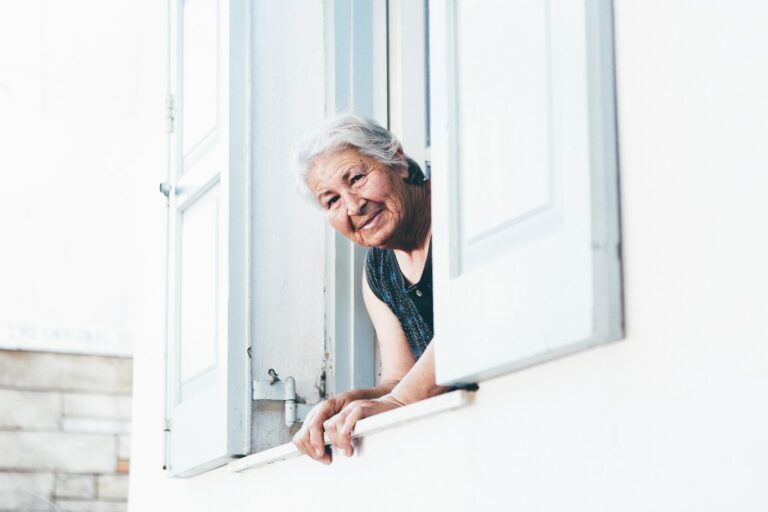
One woman held the genetic key to unlock the mystery of how she was the only one free of early-onset Alzheimer’s, out of 1,200 members of a South American family,
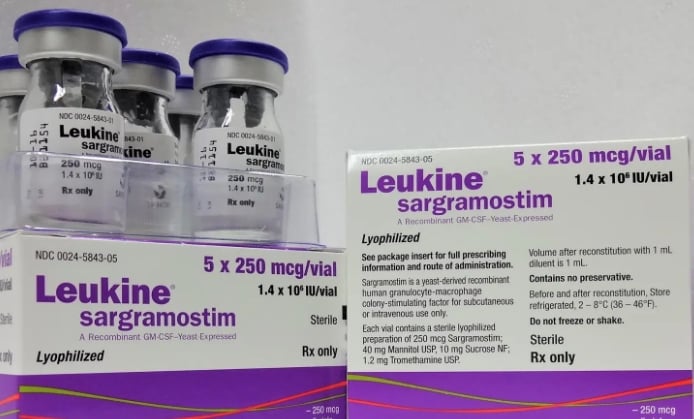
FDA-approved Sargramostim, a normal human protein, improved memory and cognition in Alzheimer’s patients in a Phase II clinical trial. The drug is safe and well-tolerated, and has been used for other disorders for 30 years.
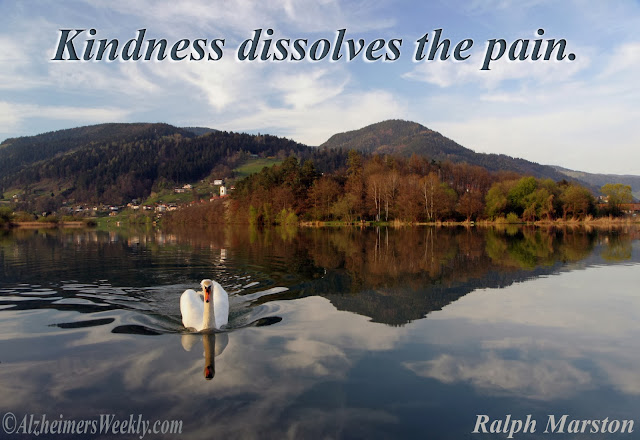
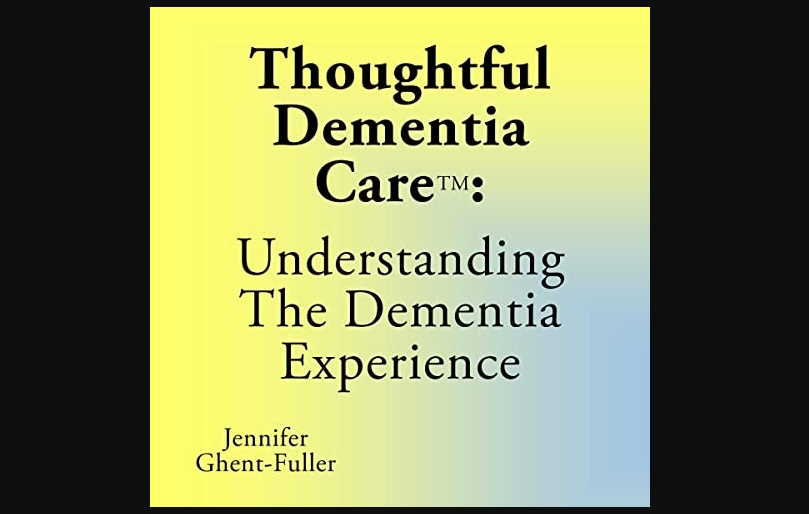
BOOK OF THE WEEK: Thoughtful Dementia Care is today’s best book on understanding the dementia experience. An easy-to-read, sensitive portrayal of managing the world of dementia.

Don Hayen is a retired doctor, diagnosed with Alzheimer’s at 71. But that diagnosis took way too long. Find out how his “cognitive reserve” fooled his doctors. See why he sure wished it hadn’t.

SHORT-TERM MEMORY lapses are obvious signs of Alzheimer’s, but other tell-tale signals begin to show much earlier. Learn how to look for semantic impairments, such as simple questions about size.

Three important dementia studies focus on HS-AGING, a type of dementia almost as common as Alzheimer’s in the 85+ group. Yet few people have heard of it. Why? What makes it different?

An intriguing study of 120 grandmothers might surprise you. Doctors know socially engaged people have better cognition and less dementia. But can a person get too much of a good thing? What’s the right balance?

Enjoy this great duet between a musician with dementia and his son. A triumph of spirit over Alzheimer’s! Sing-a-long if you like!
No spam, only news and updates.



This site was inspired by my Mom’s autoimmune dementia.
It is a place where we separate out the wheat from the chafe, the important articles & videos from each week’s river of news. Google gets a new post on Alzheimer’s or dementia every 7 minutes. That can overwhelm anyone looking for help. This site filters out, focuses on and offers only the best information. It has helped hundreds of thousands of people since it debuted in 2007. Thanks to our many subscribers for your supportive feedback.
The site is dedicated to all those preserving the dignity of the community of people living with dementia.
Peter Berger, Editor